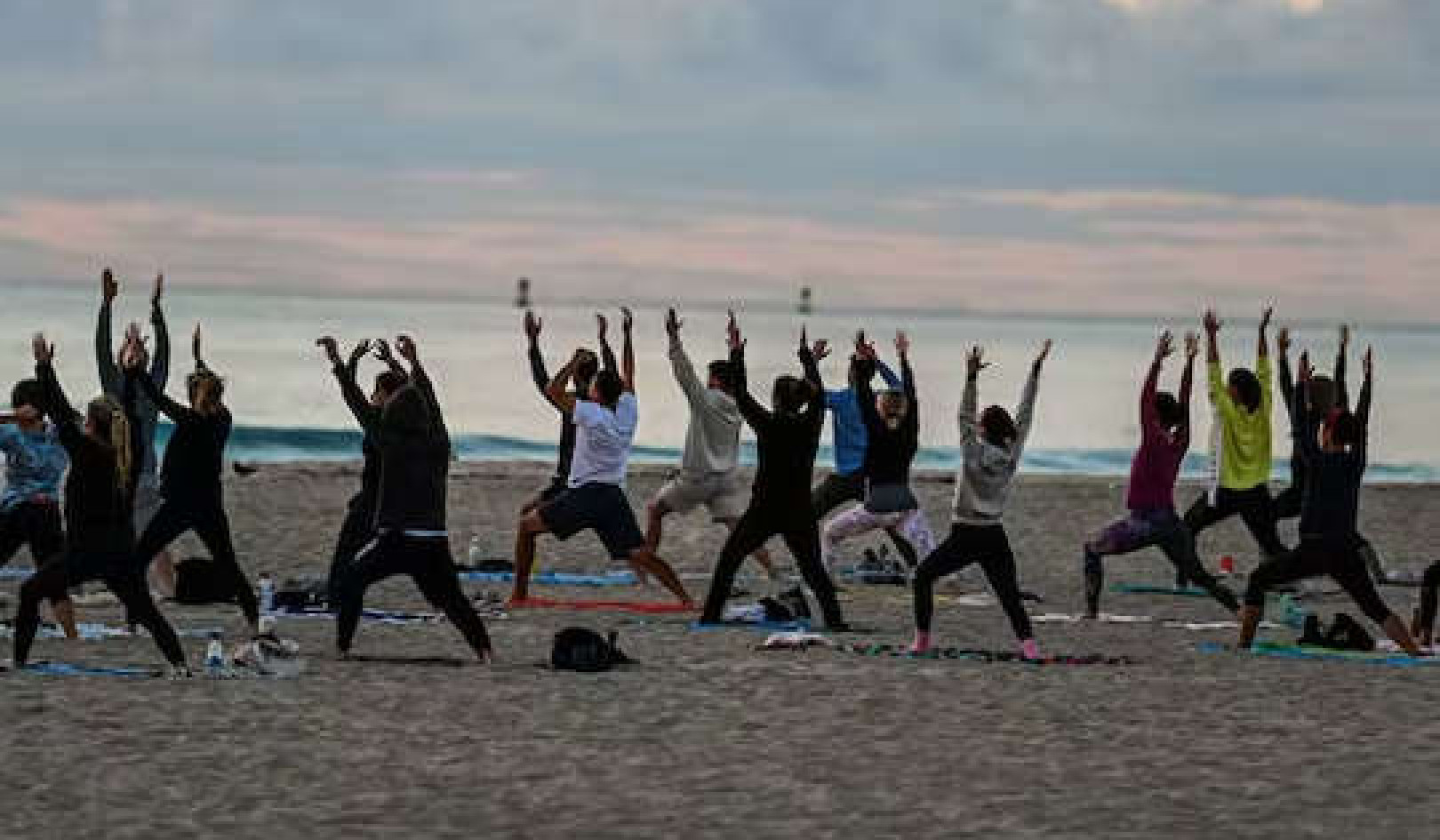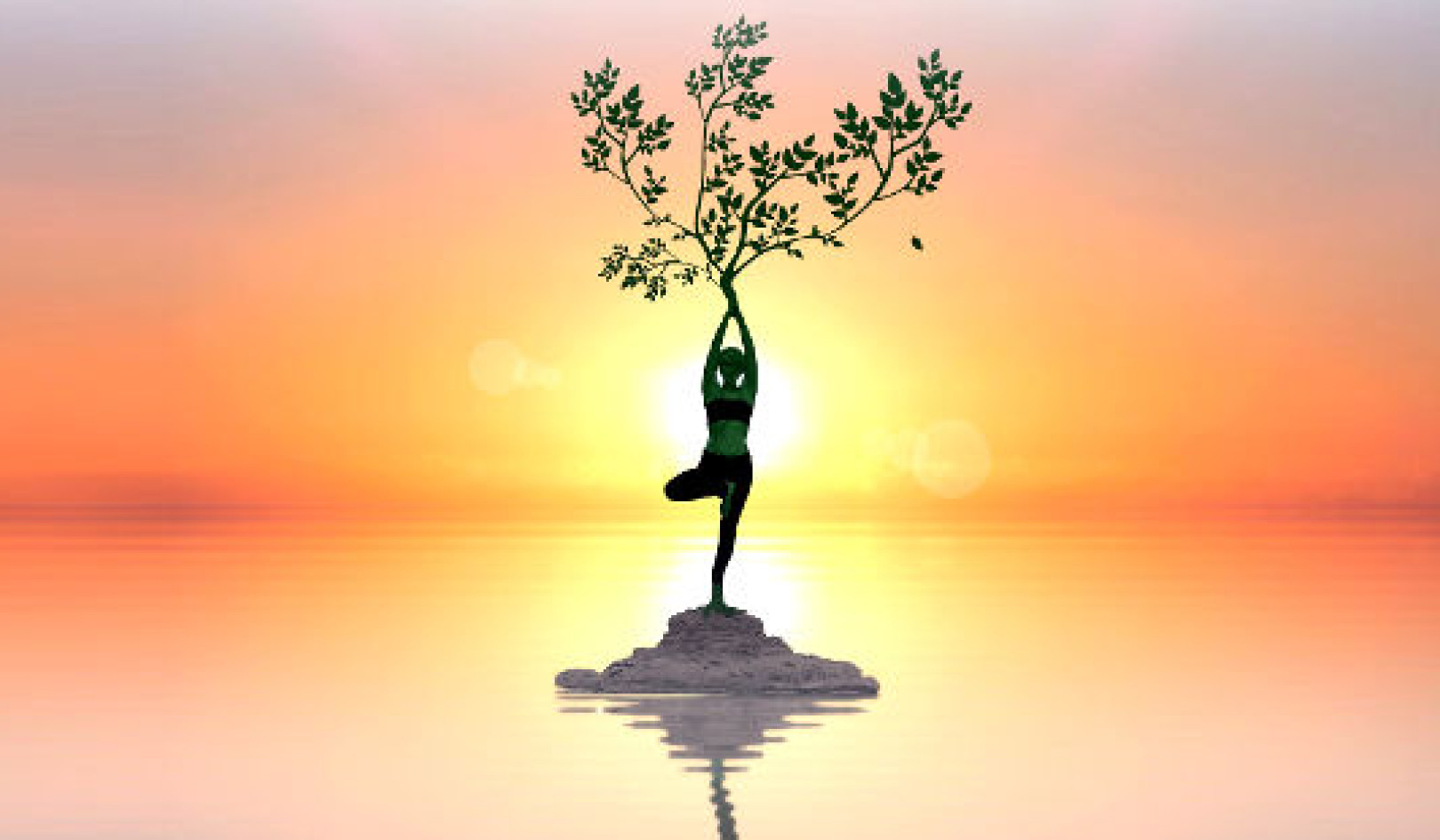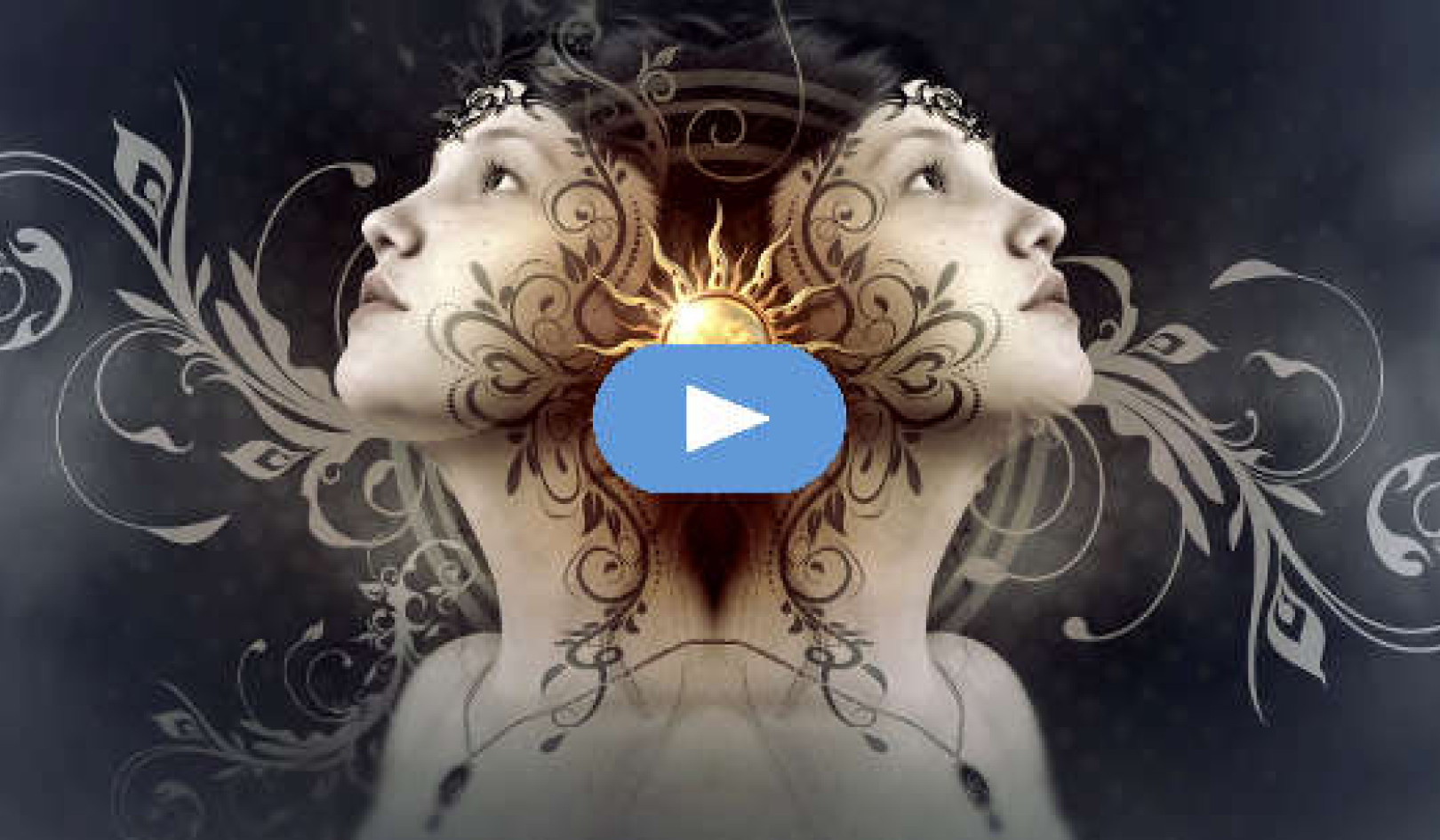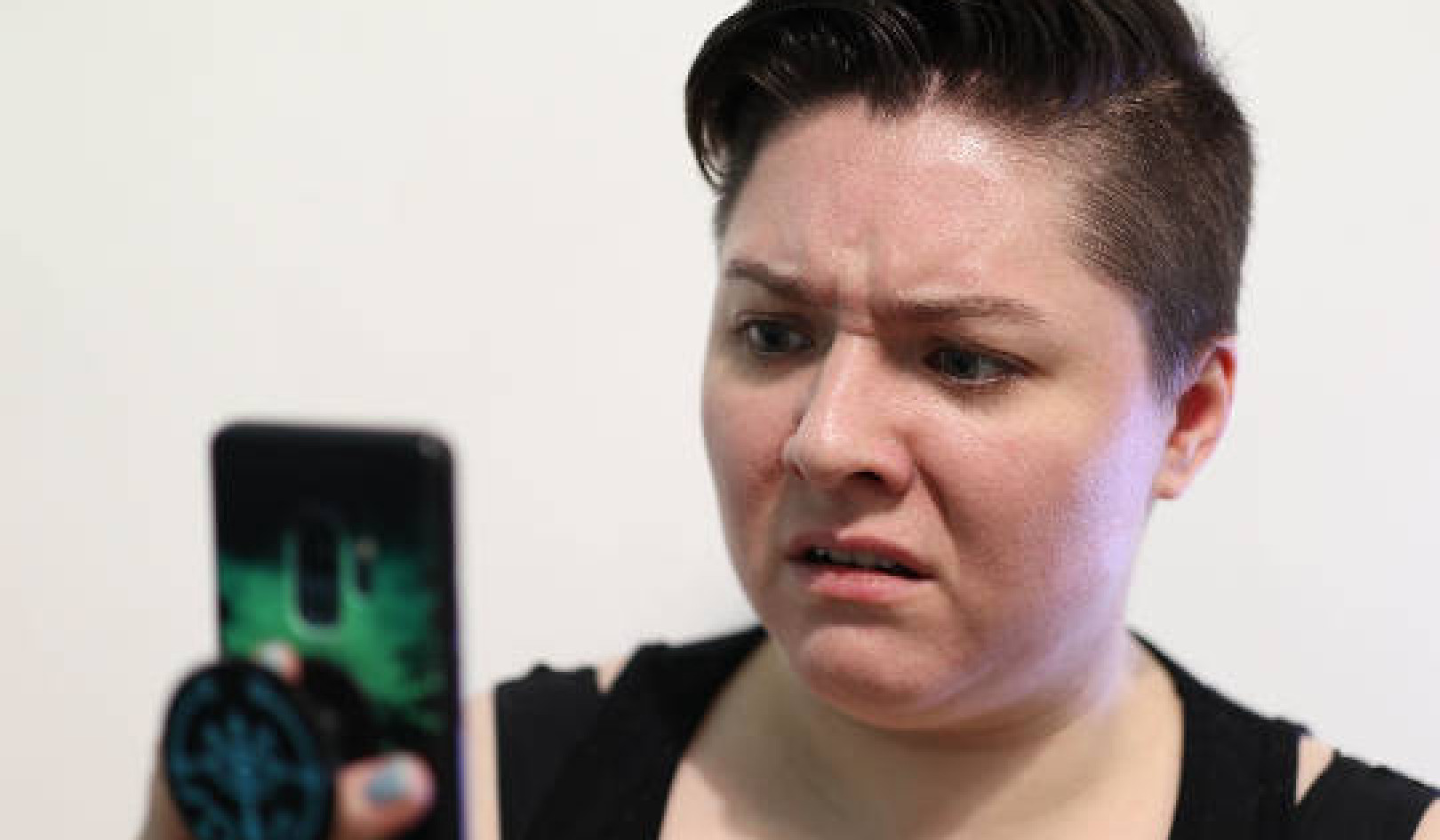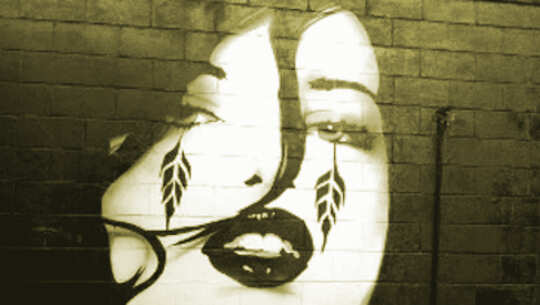
Good and bad are two concepts that are ingrained in our beliefs, values, and perspectives on life. Since time immemorial, humans have categorized things as good or bad. According to our mythology, the biggest mistake Eve made was to eat from the tree of knowledge of good and evil. Then we have Abraham who had to choose between his love for the Lord and his son... He made the choice (good or bad?) to sacrifice his son.
The knowledge of good and evil is the biggest confusion and source of resentment and anger that exists. We have created wars (either between nations, or between family members or neighbors) over a belief that we were right and the other wrong.
Whole cultures have been annihilated because their way of life or their beliefs were not deemed 'good' or 'right' by those who wielded more power. Just think about it. The belief that something is good or bad, mostly religions, has created more misery on this planet than anything else.
The Consequences of Judgment...
If you didn't think that something was bad, it wouldn't upset you. If you didn't think that something was good, you wouldn't feel any loss when it was absent. Example: You think it's good in a relationship when the man brings flowers or gifts. Consequence: If your mate does not do these things, you think that's bad.
More examples:
1) You're sick in bed... oh, that's bad! Well, maybe not! It may be the best thing that's happened to you in a long time because you're finally getting a complete rest, or maybe there will be a fire at the office that day, and because you are sick in bed, you are protected.
2) You just got promoted! Oh! that's good! Wait, maybe not. Your promotion might mean more stress, less time with your kids, more responsibilities that may make your work life less enjoyable, etc..
3) You've been fired. How terrible! Again, maybe not. It may be time for you to move on to something else, to start fresh, and this is the way the Universe is dealing you the cards and `forcing' you to make a change.
Judging Our Own "Good" or "Bad" Behavior
We have even created misery for ourselves by judging whether our behavior was 'good' or 'bad'. We manufacture an inner judge and jury and convict ourselves to a life of martyrdom, anger, sadness, or guilt, because we feel we have been bad, made mistakes, and consequently don't deserve to be happy. We were taught from an early age that we were sinners -- that we were born with a black mark on our soul! (Translated: We were told we were inherently bad.)
So, who decides what's good and what's bad? In a book by Daniel Quinn, titled Ishmael (which I recommend reading), he speaks of 'Adam' deceiving himself by saying "Whatever I can justify doing is good and whatever I cannot justify doing is evil". Definitely food for thought...
Let's reflect on that statement -- think of the things you qualify as good and those you qualify as bad. Aren't those decisions based on your opinion of them or how those things affect you? Judgment plays a big part in our lives, so much that we are not even aware most of the time that we are judging.
Some of us who are vegetarians have decided that killing animals for food is bad... whereas the native Americans honored the Spirit in the animals they killed for food and saw it as good. Some people think vaccines are preventative medicine, whereas others see them as `bad'. We see war and disease as evil, yet who knows, that may be how the planet is thinning out the ranks and lowering the world population. All of those values and judgments come simply from our perspective and what side of the scale we sit on.
Are We Qualified to Judge the Behavior of Those Around Us?
 Who are we to decide what is good and bad? Can we rise above our own perceptions and desires to have a world overview of what is 'good'? Or even to decide for our friends, family, neighbors, what is good for them? If we choose to impose that yardstick on our own life, we have no right to use it to evaluate the performance and actions of others, even if we are affected by their actions.
Who are we to decide what is good and bad? Can we rise above our own perceptions and desires to have a world overview of what is 'good'? Or even to decide for our friends, family, neighbors, what is good for them? If we choose to impose that yardstick on our own life, we have no right to use it to evaluate the performance and actions of others, even if we are affected by their actions.
Any time we use the words good or bad we are simply stating our preference and opinion. That color looks good/bad on you. That soup tastes good/bad. You did a good/not good job. He's a good/bad boy. We had bad/beautiful weather this weekend. That's a funny/lousy joke. That's bad/wonderful news. I hope it will turn out good/bad. What's the common trait in all those comments? All preferences, all judgments, all personal evaluations.
If the concepts good/bad didn't exist, people's self-esteem would not be so dependent on someone else's opinion of them. We would not feel the need to people please or fish for compliments or do something `right' to receive approval. We would not do things that go against the grain in order to fit in, be accepted and be loved. Maybe less crime would be committed when teenagers (and adults) did not feel they needed to show off and prove that they're somebody,. There would be less lies as people would not need to pretend to be other than they are.
Accepting Things (and People) The Way They Are
When we accept things the way they are (accept what is), we feel more at peace with the world around us. The weather is neither good nor bad -- it simply is what it is. The news is not good or bad -- it is information, a recap of events that took place as seen and evaluated by someone else. Your opinion or beliefs are not good or bad, they simply are what they are -- possibly even the opposite of mine.
And that does not mean that one of us is right and the other wrong. It simply means we see things from two different perspectives. If my favorite color is blue and yours is red, does that make one of us right and the other wrong?
Let's play at eliminating some words from our vocabulary (or at least from our concepts.) Ask your mind to alert you each time you catalog something as good or bad, right or wrong, etc. You might be surprised at how often you evaluate and judge things as acceptable or not, right or wrong, etc.
It's a mind opening experience in itself to simply be aware of the value judgments we have been making. And that's not good or bad -- it simply is!
Related Book:
Ishmael: An Adventure of the Mind and Spirit
by Daniel Quinn.
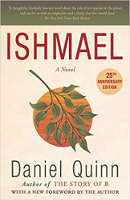 One of the most beloved and bestselling novels of spiritual adventure ever published, Ishmael has earned a passionate following among readers and critics alike.
One of the most beloved and bestselling novels of spiritual adventure ever published, Ishmael has earned a passionate following among readers and critics alike.
TEACHER SEEKS PUPIL. Must have an earnest desire to save the world. Apply in person.
"It was just a three-line ad in the personals section, but it launched the adventure of a lifetime." So begins an utterly unique and captivating novel. In Ishmael, which received the Turner Tomorrow Fellowship for the best work of fiction offering positive solutions to global problems, Daniel Quinn parses humanity’s origins and its relationship with nature, in search of an answer to this challenging question: How can we save the world from ourselves?
Click here for more info and/or to order this book. Also available as an Audiobook, a Kindle edition, and with a Library binding. This special twenty-fifth anniversary edition features a new foreword and afterword by the author, as well as an excerpt from My Ishmael.
About The Author
 Marie T. Russell is the founder of InnerSelf Magazine (founded 1985). She also produced and hosted a weekly South Florida radio broadcast, Inner Power, from 1992-1995 which focused on themes such as self-esteem, personal growth, and well-being. Her articles focus on transformation and reconnecting with our own inner source of joy and creativity.
Marie T. Russell is the founder of InnerSelf Magazine (founded 1985). She also produced and hosted a weekly South Florida radio broadcast, Inner Power, from 1992-1995 which focused on themes such as self-esteem, personal growth, and well-being. Her articles focus on transformation and reconnecting with our own inner source of joy and creativity.
Creative Commons 3.0: This article is licensed under a Creative Commons Attribution-Share Alike 4.0 License. Attribute the author: Marie T. Russell, InnerSelf.com. Link back to the article: This article originally appeared on InnerSelf.com























